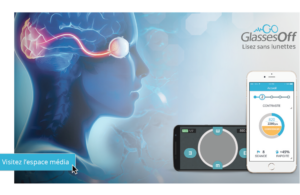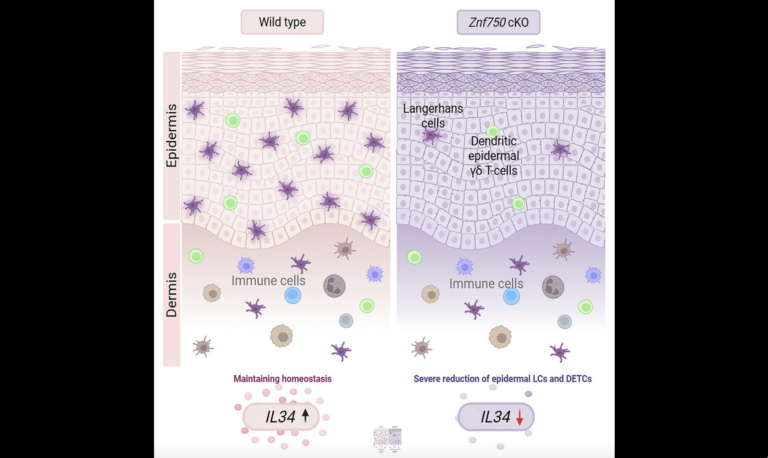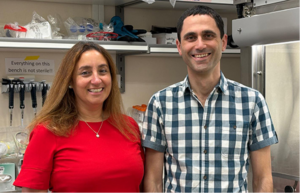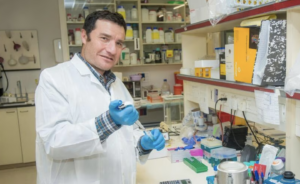GlassesOff Announces Positive Results From ADHD Study

GlassesOff Inc. announced today the results from a study in children and adults with attention deficit hyperactivity disorder (ADHD), demonstrating non-invasive, game-like technology that can provide an early indication of whether a child has ADHD and to what degree. In addition, once a child has been prescribed an ADHD medication, the GlassesOff tool may be able to be utilized as a monitor to provide insight as to whether the medication and/or its dosing are effective, or should be modified. GlassesOff intends to develop a dedicated ADHD commercial application following results of the study.
The findings from a new study from GlassesOff show significant differences in the visual performance of children and adults with ADHD, as compared to children and adults who do not have ADHD, with respect to specific visual tasks. A new GlassesOff application may be able to quantitatively measure these differences as a quantitative way to screen for the disorder.
The study included 45 adults, 28 of them previously diagnosed with ADHD (age average SD: 25.6±10.4 SD) and 64 children, 21 of them previously diagnosed with ADHD (age average 9.3± 2.7 SD), all of whom had no history of neurological conditions and normal or corrected-to-normal vision in both eyes. Measurements were made on smartphones, using a prototype dynamic digital assessment tool developed by GlassesOff™, and results were compared between participants with and without ADHD. The results of this research showed a significant distinction in the visual performance of participants diagnosed with ADHD, despite having normal 20/20 or better visual acuity on the clinical optometric chart, as compared to participants who did not have ADHD.
Nimrod Madar, CEO of GlassesOff said: “We believe that our scientific team is at the forefront of understanding the correlation between visual functions and the diagnosis of various neurobehavioral conditions. This pioneering technology could become the base for the first self-administered objective screening tool for ADHD.”
Mr. Madar went on to say, “We trust that this technology can become a simple tool for any parent to know if a child needs to seek medical help to professionally diagnose ADHD; and this technology may additionally provide invaluable information to parents and physicians regarding the efficacy of the medication post initiation of ADHD drug therapy.”
According to the Centers for Disease Control and Prevention, ADHD (Attention Deficit Hyperactivity Disorder) is one of the most common neurobehavioral disorders, impairing the quality of life for millions of children and adults. In spite of this, there is no simple way to diagnose the disorder. Currently, diagnosis requires specialized clinicians engaging in a long, several-step process using qualitative tools. For children in particular, the diagnosis can be significantly misguided by subjective input from parents.
GlassesOff will present the findings from the study today at the international annual meeting of the Association for Research in Vision and Ophthalmology (ARVO) in Denver, Colorado on May 4 at 3:45pm local time.
GlassesOff’s presentation can be viewed at http://www.glassesoff.com/wp-content/uploads/2015/05/GlassesOff-ADHD-Study-Results.pdf
About ARVO
ARVO is the largest and most respected eye and vision research organization in the world. Our members include nearly 12,000 researchers from over 75 countries. ARVO advances research worldwide into understanding the visual system and preventing, treating and curing its disorders.
About GlassesOff
GlassesOff Inc. (OTCBB:GLSO) is public, a neuroscience technology company, utilizing patented technology to develop and commercialize consumer-oriented software applications. The Company is developing and commercializing next generation vision performance applications. GlassesOff has developed a proprietary, patent protected neuroscience technology platform to improve near vision performance through brain exercise, by improving the image processing function in the visual cortex of the brain. www.glassesoff.com.







